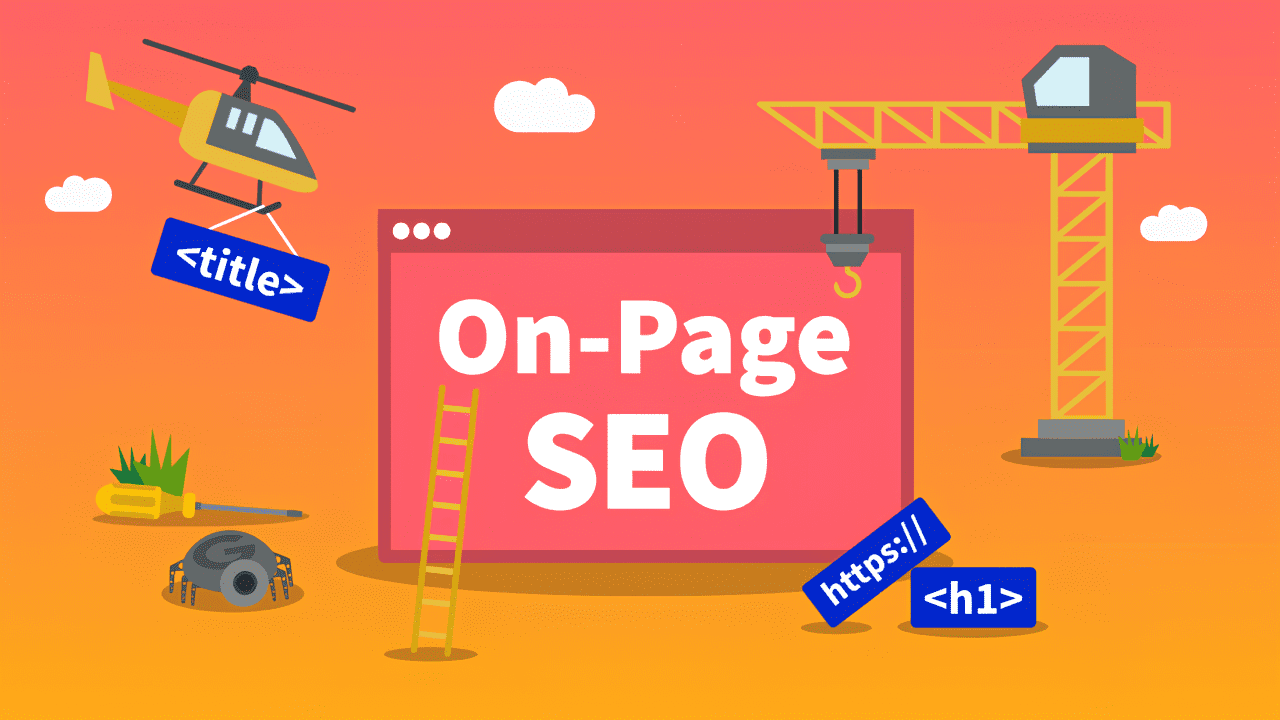1. SERP: Title Tag
• The title tag is a crucial HTML element that provides a concise and descriptive title for a webpage. It plays a significant role in search engine result pages (SERPs) and influences user click-through rates. 🏆
2. Meta: Description
• The meta description is a brief summary of a webpage’s content. It appears in search results and serves as a preview, influencing users’ decision to click on the link. 📝
3. Meta: Keywords
• While not as impactful as before, meta keywords provide additional information about the content. Search engines, however, tend to rely more on other factors for ranking. 🤖
4. URL Optimization
• A well-optimized URL structure contributes to better user experience and search engine crawlability. It should be concise, relevant, and include targeted keywords. 🌐
5. Heading Optimization
• Proper optimization of heading tags (H1, H2, etc.) helps structure content, making it more readable for both users and search engines. It also signals the hierarchy of information. 📑
6. Linking: Internal and External Linking
• Internal linking connects different pages within a website, improving navigation and distributing link equity. External linking involves linking to reputable external sites, adding credibility and context. 🔗
7. Anchor Text Optimization
• Anchor text optimization involves using relevant and descriptive anchor text for hyperlinks. This helps search engines understand the context and content of the linked pages. 🎯
8. Keyword Density
• Keyword density refers to the percentage of times a targeted keyword appears in the content. It’s essential to maintain a balance to avoid keyword stuffing, which can negatively impact SEO. ⚖️
9. Keywords Placement
• Proper placement of keywords in content, including titles, headings, and body text, is crucial for search engine understanding and ranking. 📍
10. Plagiarism
• Originality is key. Avoiding plagiarism ensures that your content is unique and valuable, contributing positively to SEO and online reputation. 🚫
11. Grammar
• Good grammar enhances the readability and professionalism of your content, positively impacting user experience and search engine perception. ✨
12. Compression
• Compressing images and files reduces page load times, contributing to a better user experience and improved search engine rankings. 📦
13. Keyword Cannibalism
• Keyword cannibalism occurs when multiple pages on a website target the same keyword, leading to competition between the pages. It’s important to structure content to avoid cannibalization and enhance SEO effectiveness. 🚦
Implementing a comprehensive on-page SEO strategy that encompasses these factors can significantly contribute to the growth of your website. 📈✨


